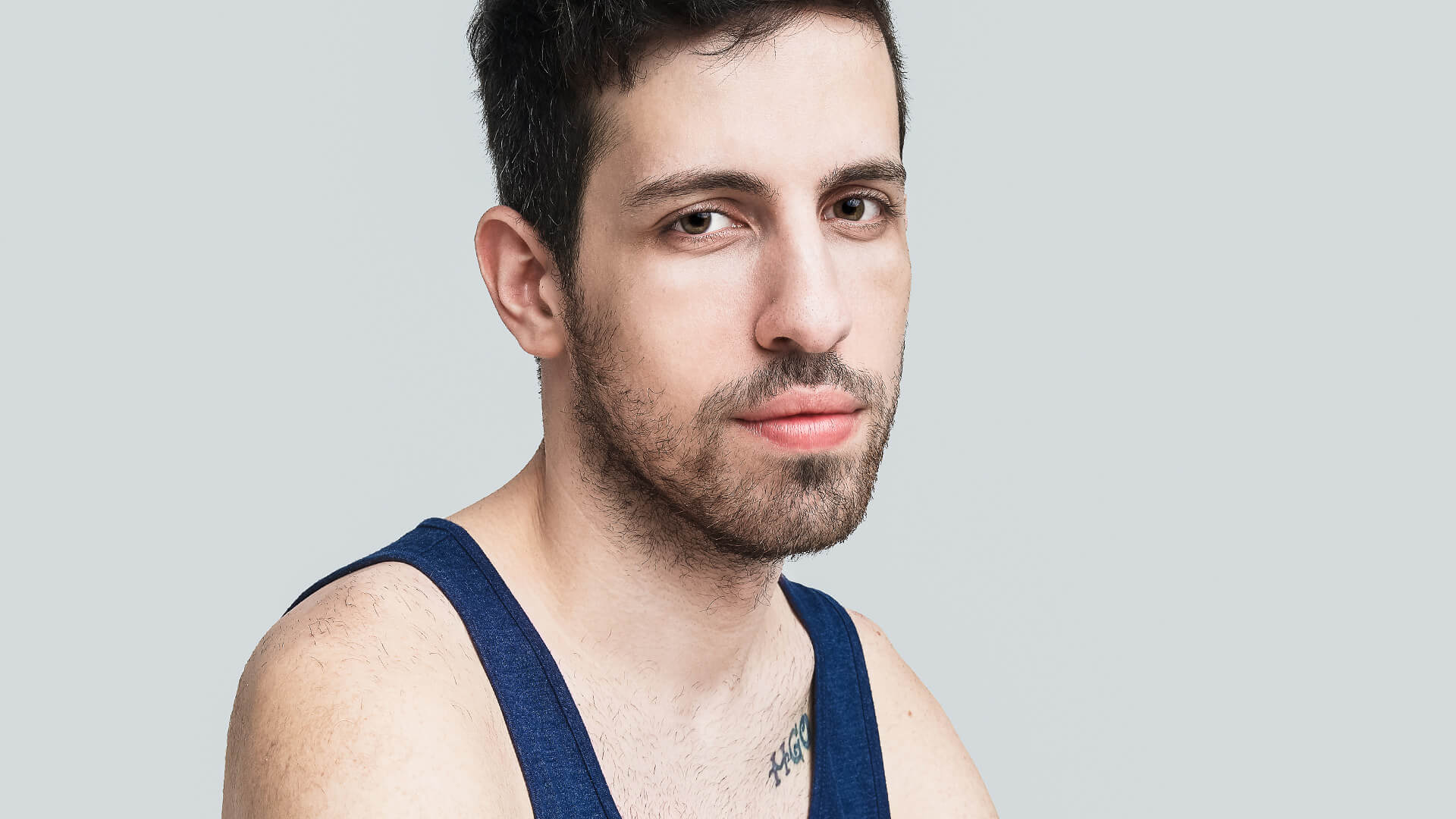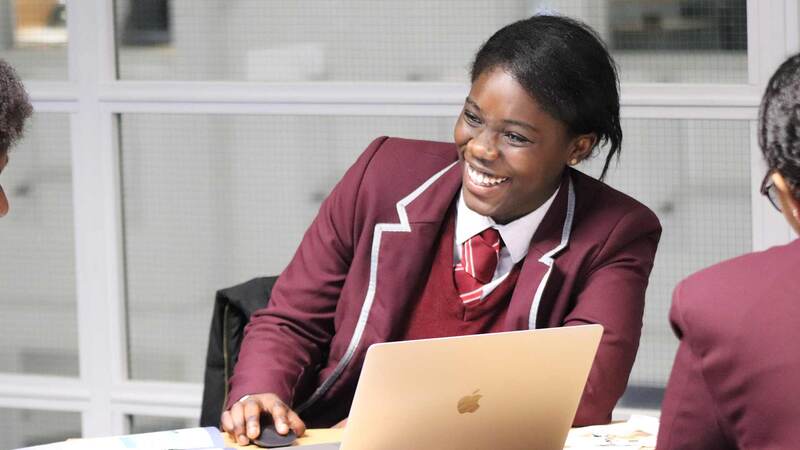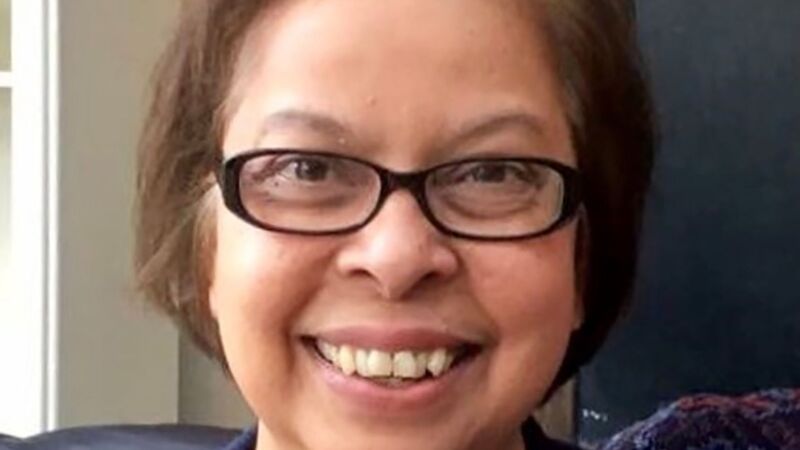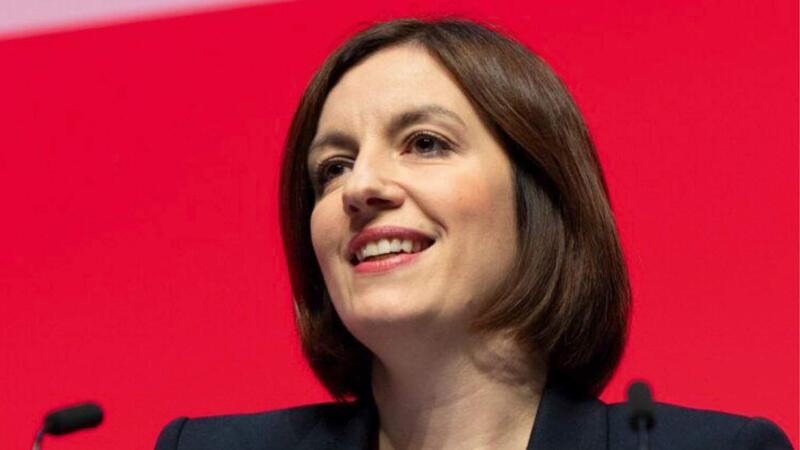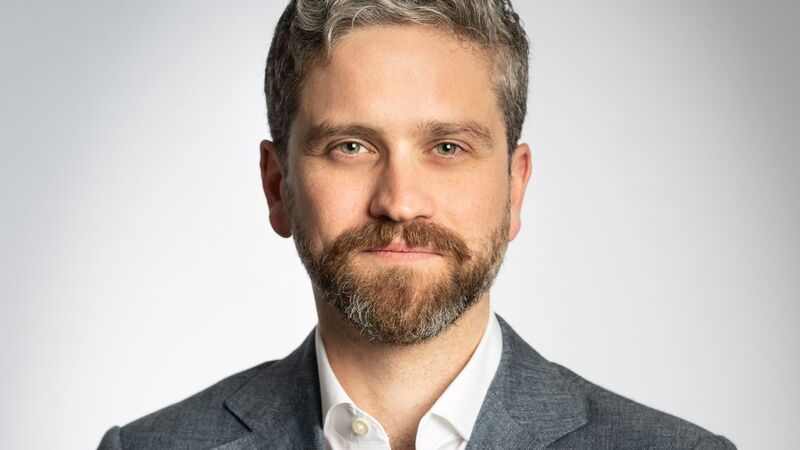You are viewing your 1 free article this month. Login to read more articles.
Adam Silvera | 'For me the story has always been about the journey and not the destination'
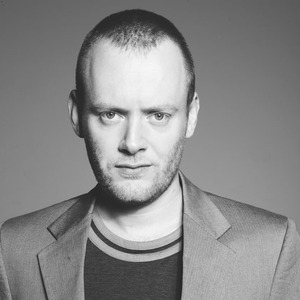
Matthew Todd is an author and a former editor of Attitude magazine.
New Yorker Adam Silvera, one of the breakout stars of YA fiction in recent years, discusses They Both Die in the End

Matthew Todd is an author and a former editor of Attitude magazine.
Thirty-year-old Bronx-born Adam Silvera is one of the leading figures in Young Adult fiction, focusing as he does on gay-themed stories. His first book More Happy Than Not was published in 2015 by Soho Teen and his second, History is All You Left Me, also became a big success. But it’s his tale of two young men spending their last day on Earth together, They Both Die at the End, which has been a smash UK hit, staying in the top 30 of the Amazon book charts for the best part of six months. It’s now in development to be made into an HBO series with “Star Wars” director J J Abrams producing. Also in the works is a film adaptation of Silvera and Love, Simon author Becky Albertelli’s collaboration, What if it’s Us (2018).
They Both Die at the End has been such a spectacular breakout success in the UK. I can’t remember that ever happening for a book like this. Congratulations. Why do you think that’s happened here, and how does it feel? What do you think about it has struck a chord with so many readers across the world?
I’m really proud that a book about queer Latinos is succeeding at this level across the world right now. So much of this second, massive wave of success is thanks to so many heroes on BookTok, which is a subsection of TikTok dedicated to book lovers. I think after over a year in isolation and re-evaluating our lives, people have really connected with the story of discovering who you want to be, and the necessary risks to take them.
The title and concept of the book is so stunningly audacious. What made you call it that, and did you worry about the risk of giving away the ending as the title?
For me the story has always been about the journey and not the destination. The title is clearly catchy, which is great for marketing, but you would be surprised how many people don’t believe the title is telling the truth!
Did you always know you wanted to be a writer and how did you go about it? What do you consider your biggest breaks to be?
I’ve been writing since I was 11 years old and it was in my late teen years that I was positive I wanted to pursue it as a career. I didn’t go to college or anything, I literally just wrote all the time and got better and better. I think my biggest break would be that I was publishing my stories about queer Puerto Ricans at a time when literary communities were advocating for more diverse stories. Otherwise it probably would’ve gotten buried.
It’s kind of overwhelming to someone like me, in my late forties, who never had books like this about gay or queer characters. For straight people in the industry can you describe what it’s like not being able to see”people like you” in books and what it would have meant to you to have done?
I literally found myself writing straight narrators when pursuing publication. I didn’t know we were allowed to publish stories with queer narrators because I wasn’t coming across them. None of those stories were mainstream when I was growing up, and my career would be a lot less revolutionary if I had just added more straight stories to shelves already overflowing with them. That’s not my truth and not a story I’m bursting to tell. I wish that freedom and joy for every marginalised writer, if they want it.
What’s your writing day like? I read that you wrote the first draft of More Happy Than Not in two and a half months. How?
I wasn’t working when I wrote that first draft of More Happy Than Not, but I was when writing They Both Die at the End and it took about the same amount of time. Love of story pushes me through, and if I’m obsessed with the story, I will find the time. But I don’t draft books in two months any more. I’m unfortunately too much of a perfectionist, so I can be pretty slow, but I pick up a lot of speed as the deadline hits.
One of your other huge hits is Infinity Son, which you’ve described as “X-Men but queer”. Why do you think fantasy, superheroes and science-fiction is so hugely popular with LGBT audiences?
There’s often similarities about dual identities between superheroes and queer people; that can be comforting, even if you’re still closeted. There’s a lot of power there.
What do you think the most important thing in life is?
Being good and trustworthy and protective of yourself while mindful of how your actions can affect, and even damage, other people.
What’s it like being in the privileged position of writing books that young LGBT people can relate to? Is that a weight of responsibility, or not something you dwell on?
The responsibility is something I dwell on, but if I let it be the driving force I wouldn’t get anything done. I just have to hope that if you come into one of my stories, you leave with something that changes you—no matter how small or big that thing may be.
If you could, what piece of advice would you give yourself when you were starting out?
Writing is hard, so make sure you keep writing stories that you want to read.
What are you working on at the moment?
Doing revisions on Here’s to Us, which is the sequel to What if it’s Us, co-written by Becky Albertalli. It is released in December of this year!





